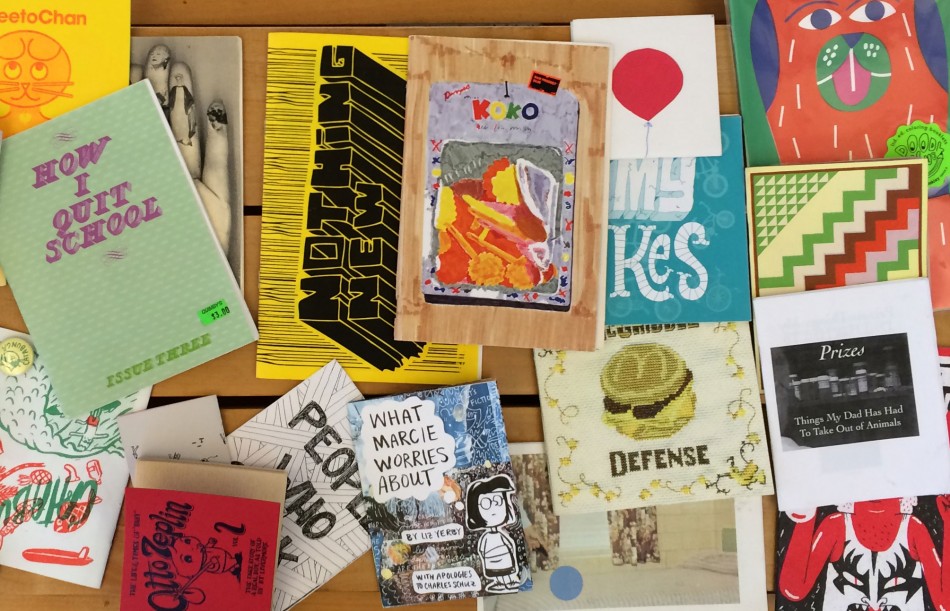One thing that has me unhappy is that I have already taken two poetry workshops, and therefore need to take a workshop that isn’t poetry. Moving away from what makes me comfortable has always been something I try to do, but poetry is, and has always been, my solace. I know I can keep writing poetry while I’m taking the other course, whether it be fiction or CNF, but I am very nervous about submitting work to one of these factions, considering I don’t really know how or what to write about for them.
I have written brief pieces of fiction in the past, usually genre fiction, so horror or sci-fi work. I recently tried to start a piece, but couldn’t extend the work past a few pages without getting angry with my work. I always write long poems, but apparently can only write short fiction. The most I have with a fiction piece is around 2 pages. I don’t know how to extend my work to 5-10. I wrote in third person omniscient, the only way I can think of to make it longer is to just keep adding weird little additives from obscure places like the point of view of crows and ants. But there’s a lot that I am unsure of when it comes to fiction. I love reading short stories, but I’m not entirely sure how to write one that fits into the genre of literary fiction.
In terms of CNF, I am scared to really work on it. The only things that I can think to write on are deeply personal, traumatic events, including the near-death of my mother, time spent with a past abuser, and the suicide of a really close friend of mine in high school. I suppose there are a few ways to go about writing CNF, perhaps detailing in extreme detail past events, using archaeological evidence and historical documents to detail the purpose of those events, but wouldn’t that be considered historical fiction, and therefore not a viable way to write? If I write about my own personal life, I would feel as though I was dumping emotions onto the workshop, when really I should be sending those as letters to my therapist. There are a lot of questions I have and I don’t really know how to figure out what to do.
I know that the skills I will learn from these workshops will be so helpful for me as a writer and for the future. It’s just difficult to switch gears when I have become so enthused by poetry, and so familiar within that form of creativity. It’ll be a change that I will most certainly need help with, though I definitely should have thought more about the application earlier in the semester, seeing as I now have about five days to pull 5-10 pages of an unfamiliar genre out of my ass. We’ll see how it goes, any advice is DEEPLY appreciated.

